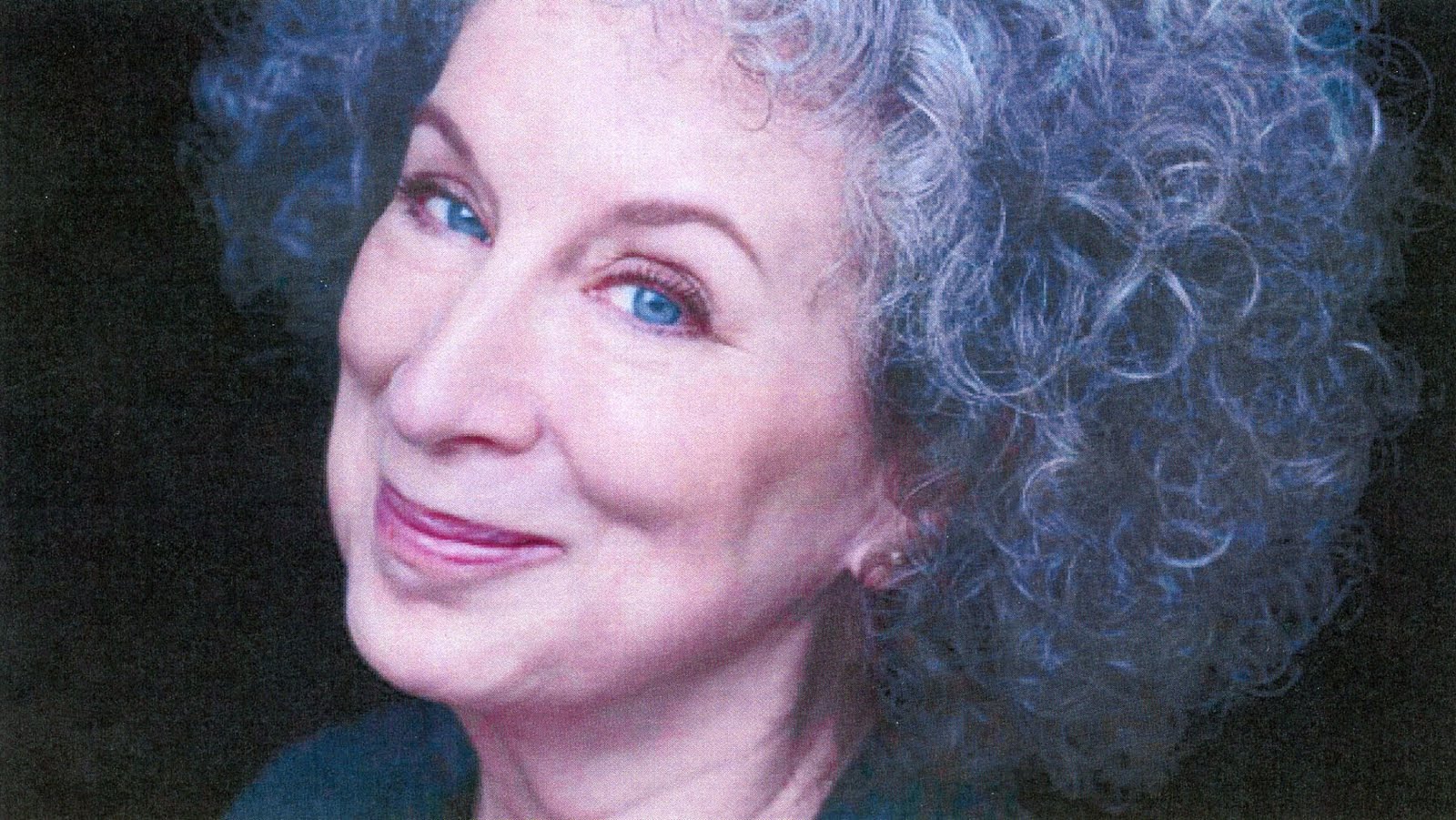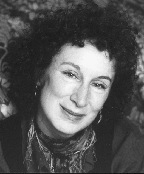Gore Vidal once pointed out that novelist Frederic Prokosch was roundly criticized for delving too much into environment, and not nearly enough into human character. Hardpan’s lyrical presence within The Seven Who Fled is nothing less than scintillating, but for anyone concerned with the niceties of behavior (including me), it was a bit frustrating to see Prokosch juxtapose highly stereotypical characters against conditions of starvation, hungry lust, and the kind of banal palaver that Stephen King has since injected too frequently within his Dark Tower series.
But what better way to understand condition than through environment? Environment, lest we forget, was one of Balzac’s predominant concerns. In it, Balzac suggested, we could see the complete depiction of personality. Today, with Western environment tainted by post-reality teevee tripe, and as the very worst of post-pomo has forced us to suffer through trite pop culture references, crude drawings and laundry lists placed smack dab in the center of a major story arc, Prokosch, years later, an almost forgotten writer quite out of print, comes across as a more daring prioritizer. Is it environment that determines character, or vice versa?
What’s interesting about Prokosch’s memoir, Voices, is that it’s just as subtextual as his novels. Prokosch reveals almost nothing about himself. He’s the son of a linguist professor, he’s declared a master philologist at a young age (but questions this sui generis status), he likes tennis and squash, he shuttles across the world, sometimes stopping for months or years at a place he grows fond of, and he collects butterflies. But, above all, Prokosch cannot stop expressing wonder at the tropical environments. Interestingly, Prokosch defers most of the book to the literary voices he listens to. And in this world, Prokosch is a quiet questioner rather than a participant. The voices around him speak in pure academese, almost never faltering in their conversational cadences or thinking (save Somerset Maugham stuttering simple words and a particularly bitter Sinclair Lewis, seen with friend Hal Smith encouraging him in the worst of ways). Peggy Guggenheim shows up twice and we begin to ponder how the art world has made her the eccentric and strangely fascinating person she is. Prokosch reminds us not once, but three times, within his memoir that what he’s setting down is accurate and to the letter. But is this truth in process getting closer to a lie that only Prokosch is aware of? Has he been corrupted by the literary community?
Literary circles are depicted in dialogues that also repeat themes. There are the usual dichotomies: one uttered early on by a chopsticks-deficient Thomas Wolfe about the big man trapped within the little man, and vice versa; the other seen by a plastered, quite naked Dylan Thomas about the man trapped within the woman, and the woman trapped within the man. There are endless hierarchies and book ranking, competitive dismissals of other writers, desperate pining for awards. It’s an environment that Prokosch later renounces. He seems to prefer the natural state of a recluse, watching the dappled clouds or the sun rising above a hillock. (Indeed, the last section of the book is titled “The World of Nature.”) I came away from the book wondering if Prokosch’s near-total abdication to environment was a blessing or a curse. In his work, Prokosch possessed effrontery in finding an almost austere style. But in his memoir, we’re still left with the troubling question of whether surrendering completely to a romantic vista inures us in some way towards the human condition.

 In the Margaret Atwood universe, not even an innocent cookie is safe.
In the Margaret Atwood universe, not even an innocent cookie is safe.